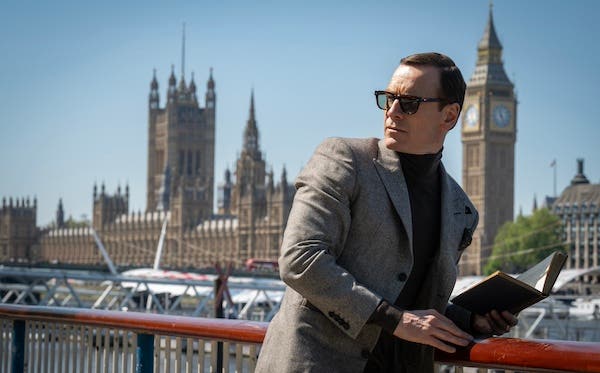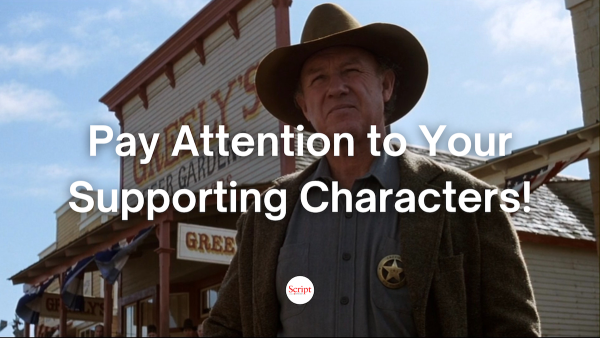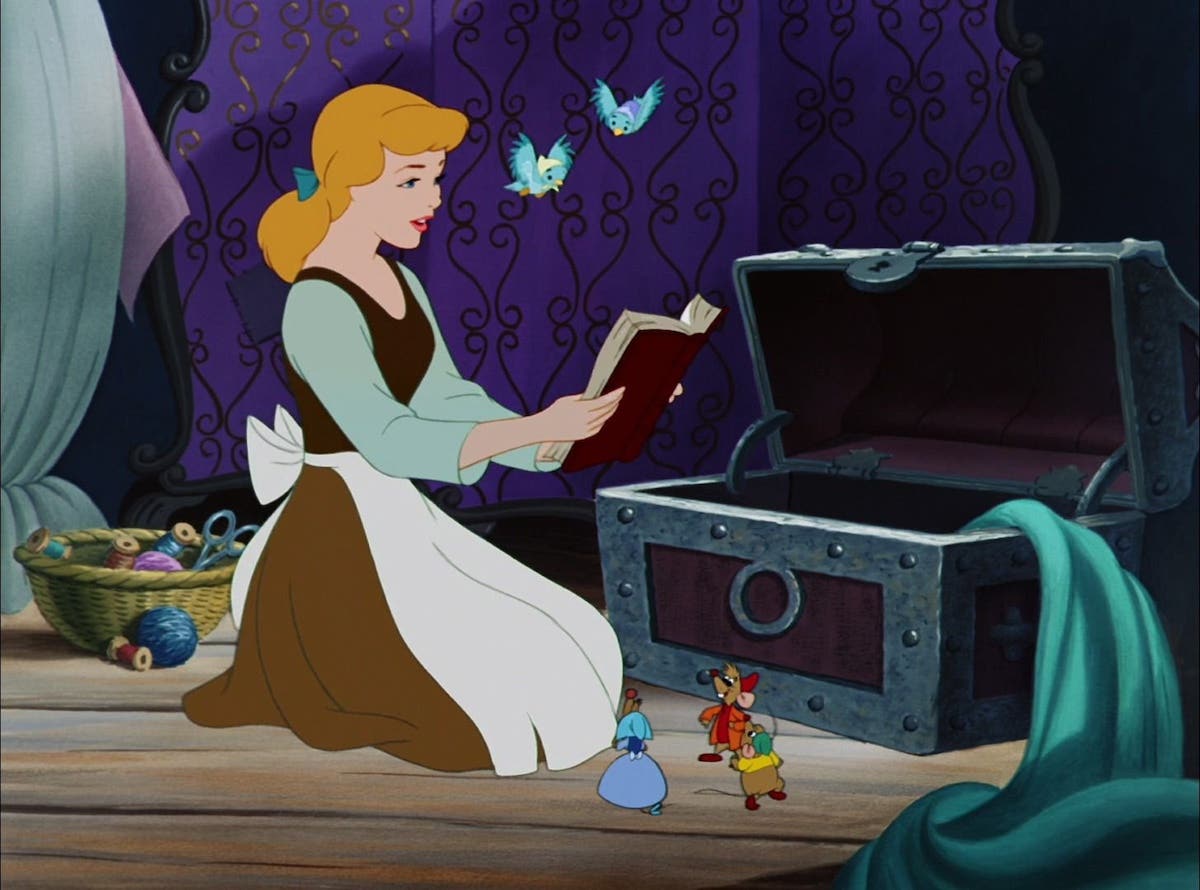Script Tip: How To Use The Formative Event Technique To Raise The Stakes In Your Story
Marilyn Horowitz demonstrates how to raise the stakes using the Formative Event Technique in this month’s Script Tips.
When I teach my class, Writing a Screenplay in 10 Weeks, at New York University, my book, which is used in the class, begins with a series of character exercises that allow the student to do deep character work efficiently. The exercises get you directly to the information you need to begin writing. One of the exercise calls for the student to create a formative event that explains why the character must do whatever she or he has to do in the film. This is a very useful tool when designing a first draft or revising an existing draft.
The example in my book is taken from the film, The Silence of the Lambs, in which the heroine, Clarice Starling, recounts how she was unable to save the spring lambs from being slaughtered on her uncle's farm. We learn about this Formative Event through her conversation with the convicted serial killer Hannibal Lector. He observes that her desire to be an FBI Agent springs from a deep need to resolve the guilt she feels for not saving the spring lambs by saving people from violent deaths. So her mission has a double purpose -- to cure the current problem, and to make up for something in the past.
When you are plotting your screenplay, try to find some event from the past that can raise the stakes. For example, in The Wizard of Oz, Dorothy has already lost one home before she ever sings, “Somewhere Over the Rainbow.” She has been orphaned and taken in by her Auntie Em. Dorothy’s quest for home encompasses a far greater need than to merely return to Kansas.
While using a formative event to guide a character’s actions is relatively easy when crafting a first draft, it takes a little more work when working on a rewrite, or a finished draft that hasn't sold.
Reverse engineering the back-story after you have already written your plot is a trick I teach my very advanced students. I am going to share it with you here. This is how it works: using the film In the Line of Fire as an example, Frank Horrigan is a Secret Service agent who failed to protect John F. Kennedy when he was shot in Texas. This is Frank’s formative event. The movie plot concerns Frank’s journey to prevent a second president from being killed. The subplot is his romance with fellow agent, Lilly Raines. This subplot also echoes the past – Frank lost his wife because of his work, and now he will have to give up his work to win Lilly. As you can see, what might have been a fairly ho-hum situation suddenly takes on deeper meaning when there is a past sin to undo. Because of Frank’s past, the stakes begin at a very high level and are pushed to the limit from the moment the story begins. He has to resolve the past before he can have a future.
Here’s the exercise:
- Step 1. Write a sentence describing your current plot. For example, if your film were In the Line of Fire, you might describe the story as: An aging Secret Service Agent finally gets a chance to save a president.
- Step 2. Look at your description of the action and ask yourself whether something similar happened to your character before the story began? Whatever answer you get will describe a Formative Event. In our example, Horrigan’s Formative event was that he was on duty when John F. Kennedy was shot, and he failed to save the President. Knowing this raises the stakes in the story much higher, because Frank has already failed and this is his last chance.
- Step 3. Describe the simple action of the plot of your screenplay: _____________________________________________________________
_____________________________________________________________ - Step 4. Think of a Formative Event for your character that is similar to Frank’s:
_____________________________________________________________
_____________________________________________________________ - Step 5. Now put it all together as shown here, using our example: Because Frank failed to save Kennedy, and gets a second chance to save a new president, he must overcome his failure and succeed. That certainly sounds richer than the description we started with!
Now you try: Because (of the Formative Event) ________________________________ my main character has to overcome ____________________________________ in the plot, which will help him or her resolve the past and move on.
This works equally well with the villain or obstacle and can humanize them.
Related Articles:
- More Script Tips from Marilyn Horowitz
- Writer’s Edge: Why Every Script Needs a Character Arc
- Inner Drives: What’s My Character Motivation? – At the Root of It All
Tools to Help:
- How to Write a Screenplay in 10 Weeks by Marilyn Horowitz
- The Four Magic Questions of Screenwriting: Structure Your Screenplay Fast by Marilyn Horowitz
- What Makes a Great TV Idea? Learn What Hollywood Looks for in a TV Idea and Pilot Script
Marilyn Horowitz is an award-winning New York University professor, author, producer, and Manhattan-based writing consultant, who works with successful novelists, produced screenwriters, and award-winning filmmakers. She has a passion for helping novices get started. Since 1998 she has taught thousands of aspiring screenwriters to complete a feature length screenplay using her method. She is also a judge for the Fulbright Scholarship Program for film and media students. In 2004 she received the coveted New York University Award for Teaching Excellence. Professor Horowitz has written several feature-length screenplays. Her production credits include the feature films And Then Came Love (2007).







